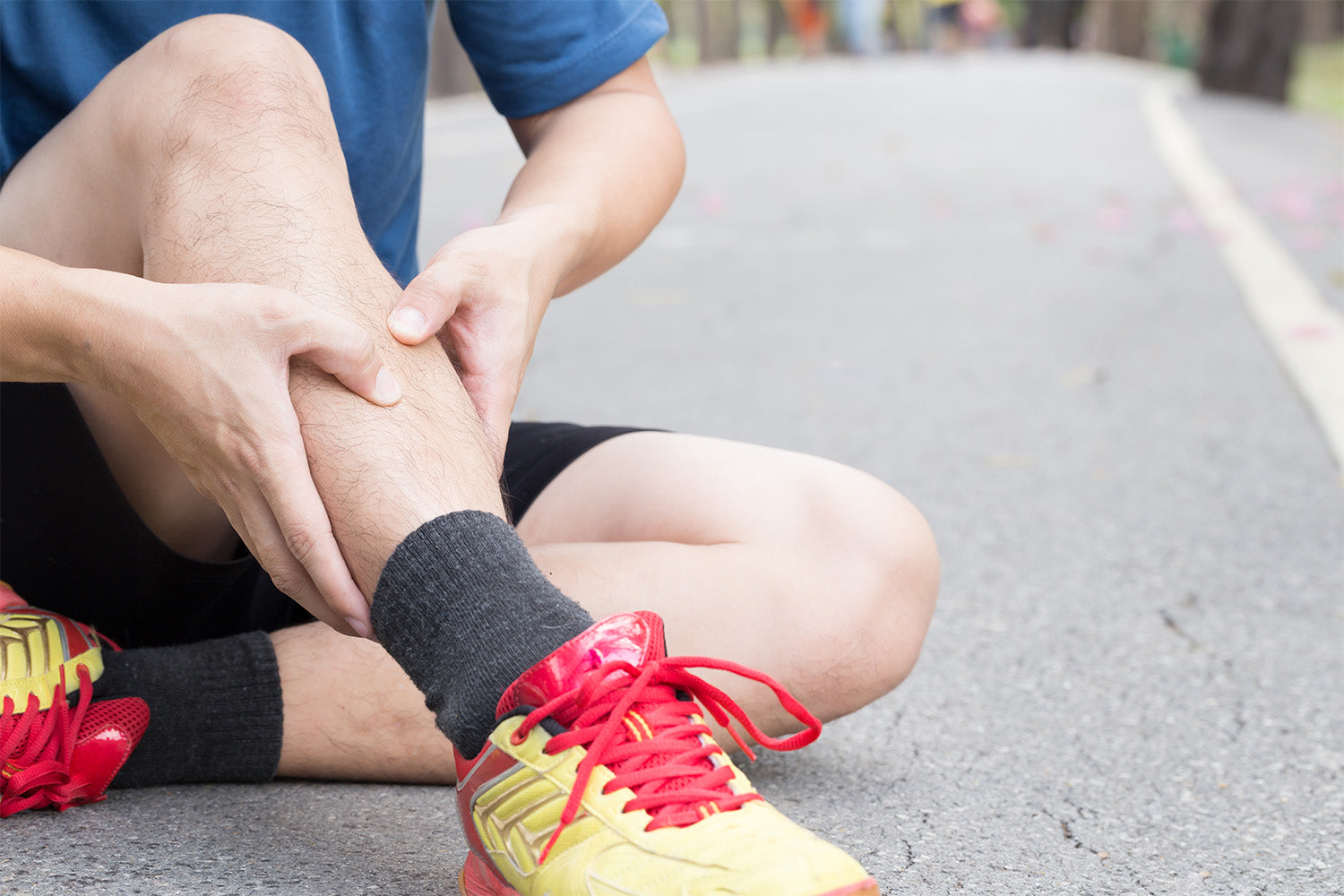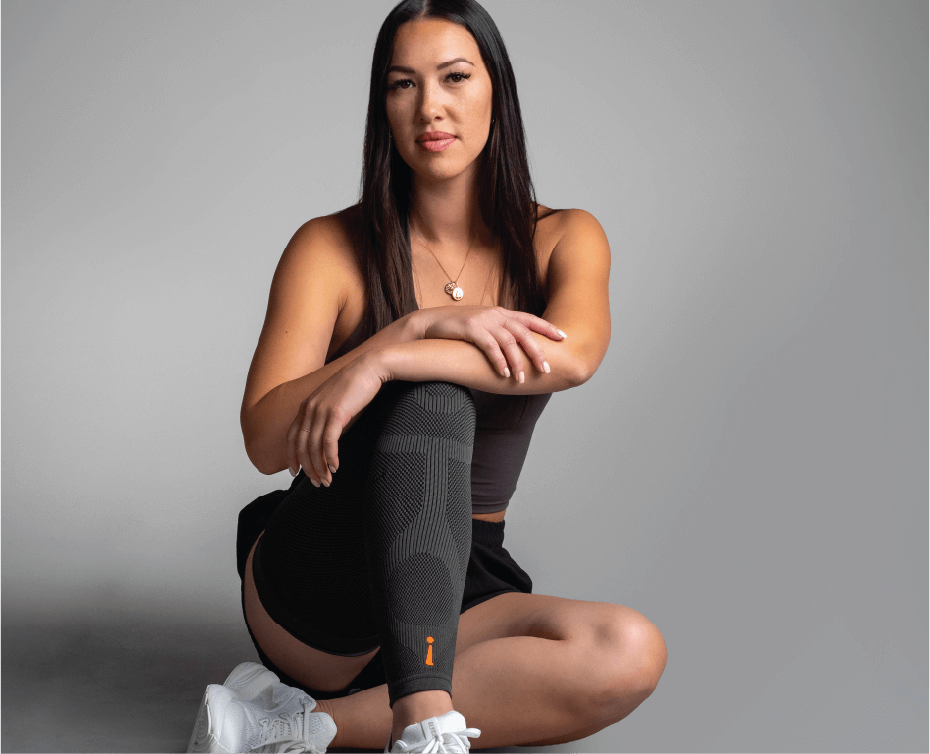Please note that this post is provided for informational purposes only and should not be taken as medical advice. If you have any concerns please consult an appropriately qualified medical professional.
As the winter months draw in, you may be thinking about how to protect yourself from illness. Many common illnesses such as colds, flu, and other respiratory conditions are more common in the winter, and Covid-19 remains an ongoing threat.
According to Johns Hopkins Medicine, the reason more people get sick in winter is partly because we are all spending more time indoors, allowing viruses to pass more easily from one person to another. It is also thought that cold, dry air may weaken our resistance to these illnesses.
There is no foolproof way to stop yourself from getting ill. However, there are steps you can take to help out your immune system and give yourself the best chance of staying healthy.
Ensure Your Vaccinations Are Up to Date

Vaccinations are one of our best lines of defense against many illnesses including influenza and Covid-19. They work by imitating an infection, essentially stimulating an immune response and training the body to fight off that infection in future.
Contrary to what some believe, vaccines cannot give you an illness. They are safe and recommended for the vast majority of people.
Some vaccines are one-offs, others require boosters, and some (such as the annual flu jab) are seasonal. If you’re not sure whether you are up to date on your recommended vaccinations, speak to your healthcare provider.
Practice Good Hand Hygiene

One of the main ways infections such as viruses get transmitted is through people getting the germs on their hands and then eating, touching their face, or touching another person and passing the infection to them.
Therefore, one of the easiest and most effective ways to protect your health is to wash your hands regularly. Use antibacterial soap and warm water, and wash for at least 20 seconds. Do not eat or touch your face with unwashed hands.
Some believe that too much hand-washing can actually weaken the immune system. But according to the Cleveland Clinic, allergist and immunologist James Fernandez, MD, PhD says “there’s no scientific evidence to suggest that temporarily stepping up your cleaning game is dangerous to your immune health.”
Wear a Mask in Crowded Places

We were all advised to wear face masks at the height of the Covid-19 pandemic to reduce transmission. Masks work by reducing the number of virus-containing particles breathed out by an infected person. They also help to reduce the wearer’s exposure to the viral particles.
Though they are no longer required in most places, wearing a mask in crowded spaces (such as public transport, shops, and large events) is still a great way to reduce your risk of Covid-19 as well as flu, the common cold, and other airborne viruses.
Choose a well-fitting N95 or FFP2 mask for maximum protection, but a cloth or surgical mask is much better than nothing.
Eat a Varied, Plant-Rich Diet

According to British Heart Foundation dietitian Victoria Taylor, there is no specific food or diet that can, by itself, boost your immune system. However, maintaining a healthy diet rich in nutrients can greatly improve your overall health, strengthen your immunity, and help to keep you healthy.
Focusing primarily on unprocessed or minimally-processed plant-based foods is the key to eating a healthy diet for most people. Your diet should also be rich in healthy fats, whole grains, and protein. Limit processed foods, red meat, refined sugar, and alcohol. Water is vital, too—don’t forget to stay hydrated.
If you are worried about getting enough of particular nutrients in your diet, you can take a multivitamin or supplement. Always speak to a qualified medical professional before adding supplements to your diet, as they are contraindicated for some people and taking too much can be dangerous.
Get Plenty of Sleep

If you’ve ever noticed that you get sick more easily when you’re running on too little sleep, there’s a reason for that. Sleep is vital for good immune functioning. According to the Mayo Clinic, lack of sleep makes you more likely to get sick if you’re exposed to a virus and can also affect how quickly you recover.
While you’re asleep, your immune system releases proteins called cytokines, which are crucial in signaling to your immune system to do its job. Too little sleep may decrease production of cytokines, impairing your immune response. Antibodies and other cells that fight infection are also reduced when you are sleep deprived.
Therefore, getting plenty of shut-eye is vital if you want to stay healthy this winter. Long-term, a lack of sleep has also been associated with health problems from heart attacks and stroke to depression, obesity, and diabetes. For most adults, 7-8 hours of quality sleep per night is optimal.
Read more

1 November 2022 is World Vegan Day. Founded in 1994 by animal rights activist and President of the Vegan Society Louise Wallis, World Vegan Day aims to celebrate and promote the positive aspects of...

Medically Reviewed By | Johannah Gregg, DNP FNP-C Pain in your lower leg or shin can quickly cause enough discomfort to throw off your whole exercise. On top of being uncomfortable, shin pain can a...






1 comment
These helpful tip are great and they are reminders.
Thanks
Dennis
Leave a comment
All comments are moderated before being published.
This site is protected by hCaptcha and the hCaptcha Privacy Policy and Terms of Service apply.